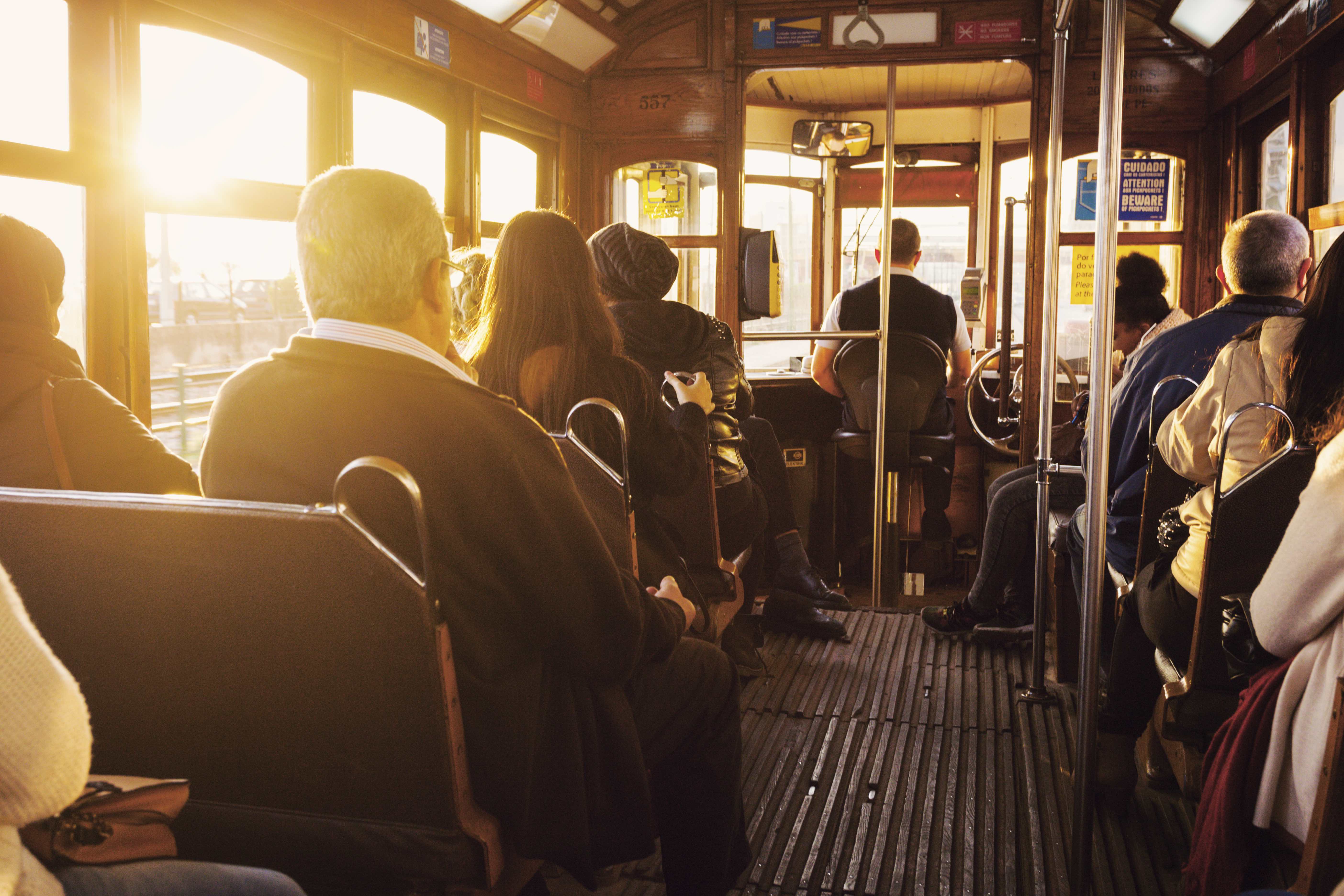Movement, mobility and identity

Anthropology studies cultures and communities, but people have always moved around, so one anthropologist has taken his research on the road in cars and on buses
Published 26 June 2019
One of anthropologist Professor Andrew Dawson’s research papers is titled ‘Why Marx was a bad driver: Alienation to sensuality in the anthropology of automobility’.
The name gives an insight into his interest in the way movement, mobility and migration informs cultures and communities around the world.
“Anthropologists often see cultures and communities as outcomes of people living in places. The fact is that people have always been mobile, and increasingly are mobile, especially with globalisation. So, we have to change the way we think about our objects of study,” says Professor Dawson.
By joining people as they move around in cars or on buses, he gets a unique understanding into why they’re moving in the first place; toward or away from something.
“Moving is absolutely natural, it’s part of the human condition, unfettered movement”.
Interview recorded: June 14, 2019.
Interviewer: Steve Grimwade
Audio engineer, producer, editor: Chris Hatzis.
Co-production: Silvi Vann-Wall and Dr Andi Horvath.
Banner: Getty Images
Subscribe to Eavesdrop on Experts through iTunes.

